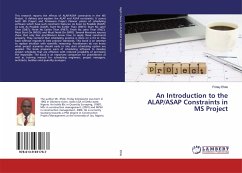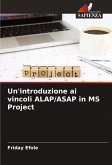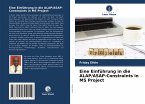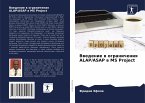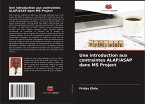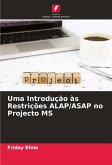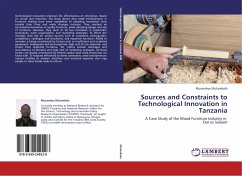This research reports the effects of ALAP/ASAP constraints in the MS Project. It defines and explains the ALAP and ASAP constraints. It covers both MS Project and Primavera Project Planner pieces of scheduling software which have such constraint features: As Soon As Possible (ASAP); As Late As Possible (ALAP); Start No Earlier Than (SNET); Start No Later Than (SNLT); Finish No Earlier Than (FNET); Finish No Later Than (FNLT); Must Start On (MSO); and Must Finish On (MFO). Several literature sources show that only few practitioners know how to apply these constraints properly. They contend that scheduling practice is done on a hit or miss basis without regards to best practice standards. This book is an attempt to replace intuition with scientific reasoning. Practitioners do not know what project scenarios should early or late start scheduling option are applied. The book prepares users of scheduling software to develop project schedules that are effective with reduced possibilityof promising the impossible. The book is an important companion for practitioners as well as training manual for scheduling engineers, project managers, architects, builders and quantity surveyors.

